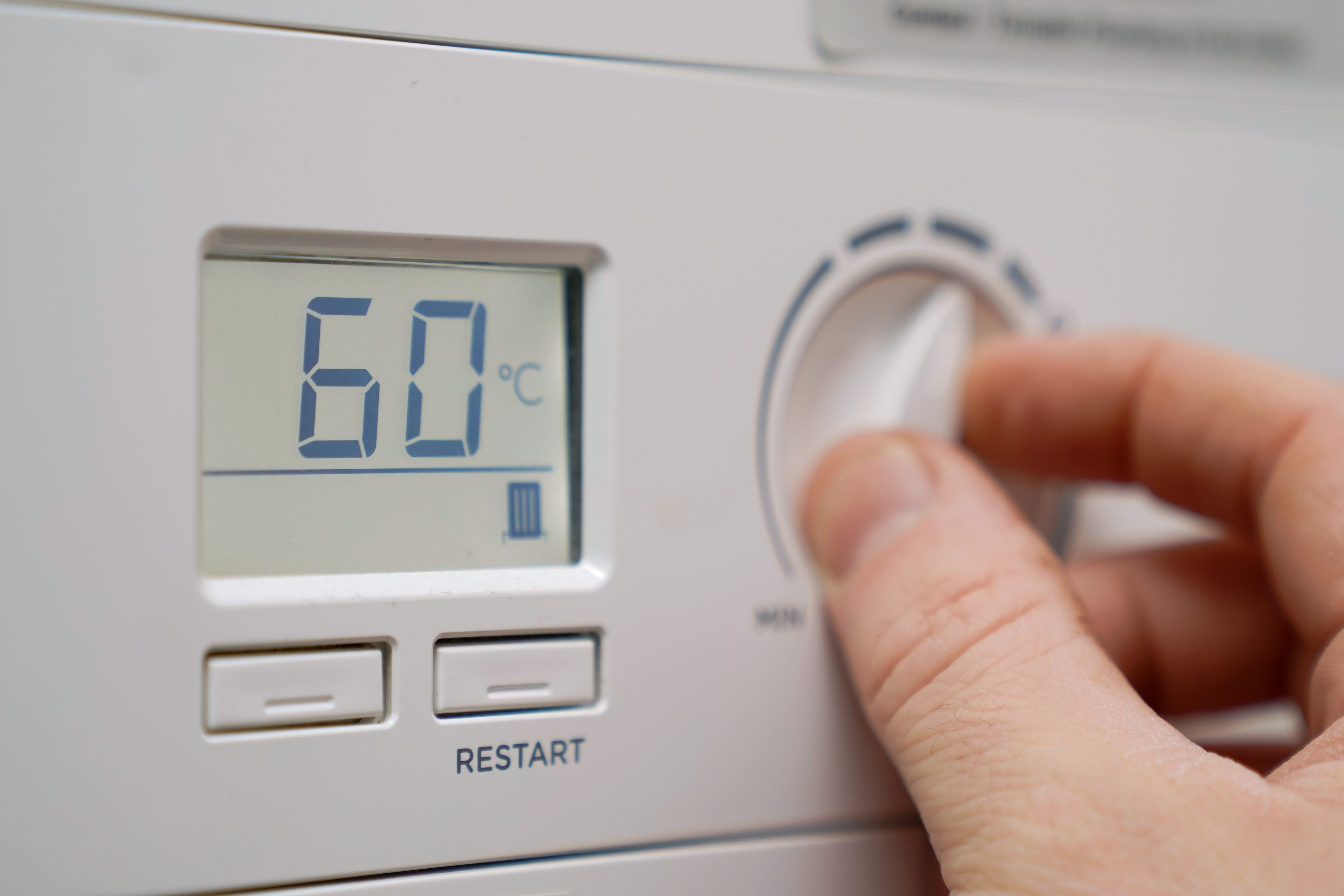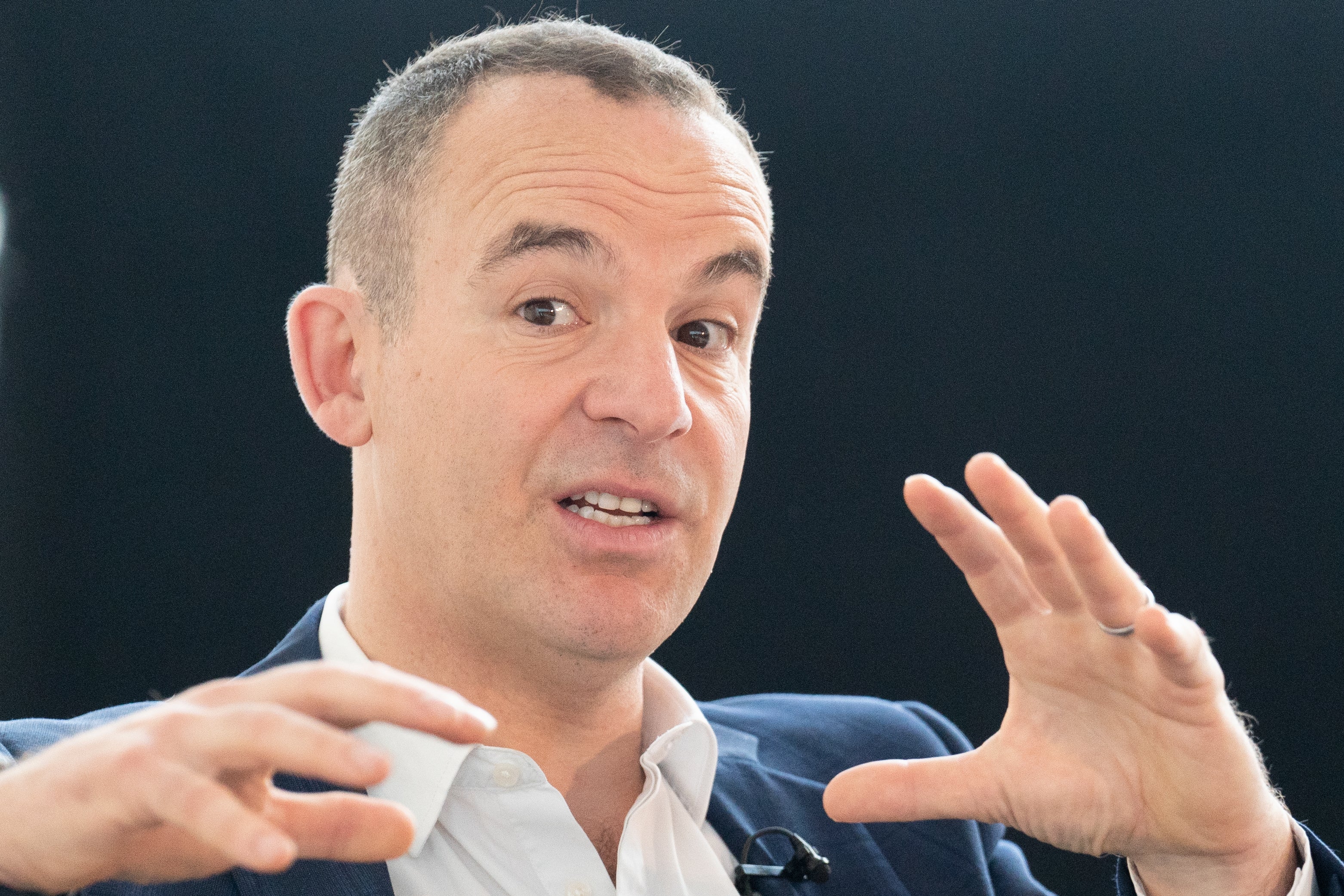Ofgem energy price cap increases – what you need to know as Martin Lewis weighs in
Households now face higher energy bills as winter approaches – but there are things you can do

Your support helps us to tell the story
From reproductive rights to climate change to Big Tech, The Independent is on the ground when the story is developing. Whether it's investigating the financials of Elon Musk's pro-Trump PAC or producing our latest documentary, 'The A Word', which shines a light on the American women fighting for reproductive rights, we know how important it is to parse out the facts from the messaging.
At such a critical moment in US history, we need reporters on the ground. Your donation allows us to keep sending journalists to speak to both sides of the story.
The Independent is trusted by Americans across the entire political spectrum. And unlike many other quality news outlets, we choose not to lock Americans out of our reporting and analysis with paywalls. We believe quality journalism should be available to everyone, paid for by those who can afford it.
Your support makes all the difference.Ofgem’s energy price cap has risen for the winter with customers now facing a £149 yearly increase on average. The cap has gone up from £1,568 to £1,717 – an increase of 10 per cent. It will come into effect from 1 Octover and will remain at that level until the new year.
The added £12 a month on average won’t come as welcome news to bill payers who are already struggling to keep on top of other costs. Rampant inflation over the past two years has seen household expenditure reach record levels, as everything from groceries to rents and mortgages become more pricey.
Inflation in the UK went down to the Bank of England’s target of 2 per cent in July for the first time in two years, although it did increase again in August to 2.2 per cent. Against the backdrop of this positive economic news, many were hoping energy bills may follow suit.
That won’t be the case this winter as customers can expect to fork out more per unit, while naturally needing to use more to keep out the cold weather.

Ofgem’s energy price cap is not exactly what you will be charged for your usage, nor is it the maximum. Rather, it is the amount an average household can expect to pay for their energy. And with the winter months likely meaning most household will use more than average, many should expect increased costs exceeding 10 percent.
To track usage, it can be handy for some to know how much they are paying for one unit of energy (a KwH). After the new rise, the average unit charge for electricity will go up to 24.5p per KwH, up from 22.36p. For gas, the unit charge will be 6.24p per KwH, up from 5.48p.
Ofgem chief executive Jonathan Brearley said: “We know that this rise in the price cap is going to be extremely difficult for many households.
“Anyone who is struggling to pay their bill should make sure they have access to all the benefits they are entitled to, particularly pension credit, and contact their energy company for further help and support.”
The price cap is based on wholesale fuel rates, which is how much providers pay for gas and electricity before selling them on to customers in the UK. These rates have actually declined in recent months, from £87.2 per megawatt-hour (MWh) in May to £79.05 in July (although this has now risen to £81.64).

Martin Lewis has explained the reason for this on Twitter / X, calling the UK’s energy market “perverse.”
“The reason for the disjoin is that the Price Cap mechanism is time-lagged. Each Cap is fixed for three months, the new 1 Oct to 31 Dec cap is based on mid-May to mid August’s wholesale rates, and they peaked in August,” he explained to his followers.
The recent falls are more likely to be factored in to January’s price cap, when the figures is predicted to fall slightly to £1,697, according to the respected Cornwall Insight.
In September Mr Lewis also said the government “must rethink” its decision to change the eligibility for Winter Fuel Payments to mean only pensioners claiming Pension Credit will receive it. The controversial move has been welcomed by some, but criticised by many fuel poverty and older age charities.
For the latest support and advice with rising energy bills, you can read The Independent’s regularly updated guide.
Join our commenting forum
Join thought-provoking conversations, follow other Independent readers and see their replies
Comments